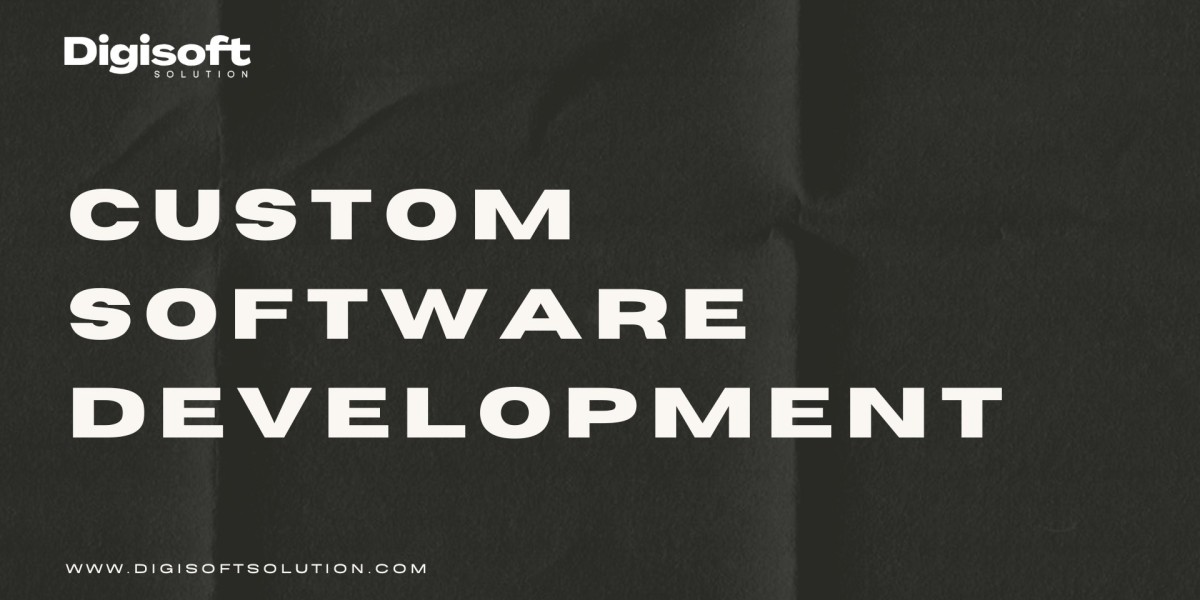In the digital era, businesses of all sizes are under increasing pressure to deliver fast, reliable, and scalable software solutions. Whether you're building a web platform, enterprise-grade system, or mobile app, choosing the right programming language is crucial to scalability, performance, and long-term success.
Scalable software can grow alongside your business without significant rework or performance bottlenecks. Here, we explore the top frontend and backend programming languages for scalable software development and what makes them ideal for your next big project.
1. JavaScript (Node.js)
JavaScript, especially when used with Node.js on the server side, is one of the most scalable programming environments today. Node.js supports asynchronous processing and event-driven architecture, making it a great choice for real-time applications, APIs, and microservices.
Use Cases: Web apps, chat applications, streaming services, and serverless applications.
Pros:
Fast performance with non-blocking I/O
Vast ecosystem via npm
Suitable for both frontend and backend (full stack)
2. Python
Python is widely known for its simplicity and readability, but it’s also capable of building highly scalable applications, especially when used with frameworks like Django, Flask, or FastAPI. It is often used in data-intensive and AI-driven applications.
Use Cases: Web development, machine learning, automation, and SaaS platforms.
Pros:
Rapid development cycle
Strong community support
Excellent libraries for AI, data, and APIs
3. Java
Java is a mature, object-oriented language built with scalability and portability in mind. With platforms like Spring Boot and Jakarta EE, Java is a top choice for enterprise-grade applications requiring performance and reliability.
Use Cases: Enterprise applications, banking systems, Android apps, and large-scale backend systems.
Pros:
High performance with JVM tuning
Strong multithreading capabilities
Platform-independent
4. C# (.NET Core)
C# with .NET Core (now .NET 8 and beyond) offers robust tools and frameworks for building scalable web and desktop applications. Its performance, security features, and seamless integration with Microsoft tools make it a favorite among enterprise developers.
Use Cases: Web apps, cloud-based platforms, SaaS applications, and enterprise portals.
Pros:
Backed by Microsoft
Strong support for cloud development via Azure
Efficient memory management and speed
5. Go (Golang)
Designed by Google, Go is known for its simplicity, speed, and native concurrency. It is ideal for creating scalable web servers, microservices, and cloud-native applications.
Use Cases: Microservices architecture, backend systems, cloud platforms.
Pros:
Lightning-fast performance
Built-in concurrency features
Minimalist and efficient
6. Ruby (with Ruby on Rails)
Ruby may not be the fastest, but with the Rails framework, it's still a great option for building scalable applications quickly. It emphasizes convention over configuration, allowing rapid development.
Use Cases: MVPs, eCommerce sites, SaaS apps.
Pros:
Speed of development
Clean, readable syntax
Active developer community
7. Kotlin
Kotlin, now the preferred language for Android development, also supports backend development using Ktor or Spring Boot. It’s a more concise and safe alternative to Java.
Use Cases: Android apps, backend APIs, cloud-native services.
Pros:
Interoperable with Java
Concise and expressive syntax
Great for mobile and server-side development
8. TypeScript
TypeScript is a statically typed superset of JavaScript that makes large-scale applications easier to maintain and scale. It brings strong typing and modern features to JavaScript development.
Use Cases: Enterprise-level frontend applications, full-stack apps.
Pros:
Better tooling and maintainability
Enhanced IDE support
Scales well for large teams and projects
Conclusion
Choosing the right programming language is a critical decision that impacts the performance, scalability, and maintainability of your application. Whether you're aiming for enterprise strength, startup speed, or real-time capability, each language above brings unique strengths to the table.
At Digisoft Solution, we specialize in using the right technologies—whether it’s Java, .NET, Python, or Node.js—to deliver scalable, secure, and high-performing software tailored to your business goals.






